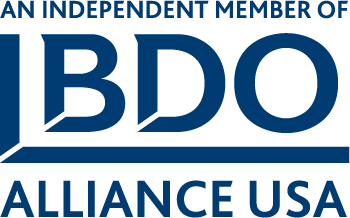It is unfortunate, but tax scams tend to rise during tax season or during times of crisis. Scam artists are using the COVID-19 pandemic to try to steal money and information from taxpayers. Be on the lookout for these scams:
Dishonest return preparers: Taxpayers should avoid so-called “ghost” preparers who expose their clients to potentially serious filing mistakes as well as possible tax fraud and risk of losing their refunds. Ghost preparers don’t sign the tax returns they prepare for taxpayers. They may print the tax return and tell the taxpayer to sign and mail it to the IRS. For e-filed returns, the ghost preparer will prepare but not digitally sign as the paid preparer.
Taxpayers should be especially careful to select a credible tax preparer.
Offer in Compromise mills: Taxpayers need to be cautious of misleading tax debt resolution companies that can exaggerate chances to settle tax debts for “pennies on the dollar” through an Offer in Compromise. Dishonest companies oversell the program to unqualified candidates so they can collect a large fee from taxpayers already struggling with debt.
These scams are commonly called OIC “mills,” which cast a wide net for taxpayers, charge them pricey fees and churn out applications for a program they are unlikely to qualify for.
Fake payments and repayment demands: A con artist will steal a taxpayer’s identity and bank account information. Then the con artist will file a false tax return and will have the refund deposited into the taxpayer’s bank account. Once the direct deposit hits the taxpayer’s account, the fraudster places a call to them, posing as an IRS employee. The taxpayer is told that there has been an error and that the IRS needs the money returned immediately or penalties and interest will result. The taxpayer is told to buy specific gift cards for the refund amount.
Payroll and HR scams: Employers and taxpayers need to be on guard against phishing designed to steal Form W-2s and other tax information. These are called Business Email Compromise or Business Email Spoofing. These scams have used a variety of tactics including requests for wire transfers or payment of fake invoices.
To read more about these scams and more, visit https://www.irs.gov/newsroom/tax-scams-consumer-alerts. Always feel free to call the Crosslin tax team at 615-320-5500 with any questions. We are here to help!






